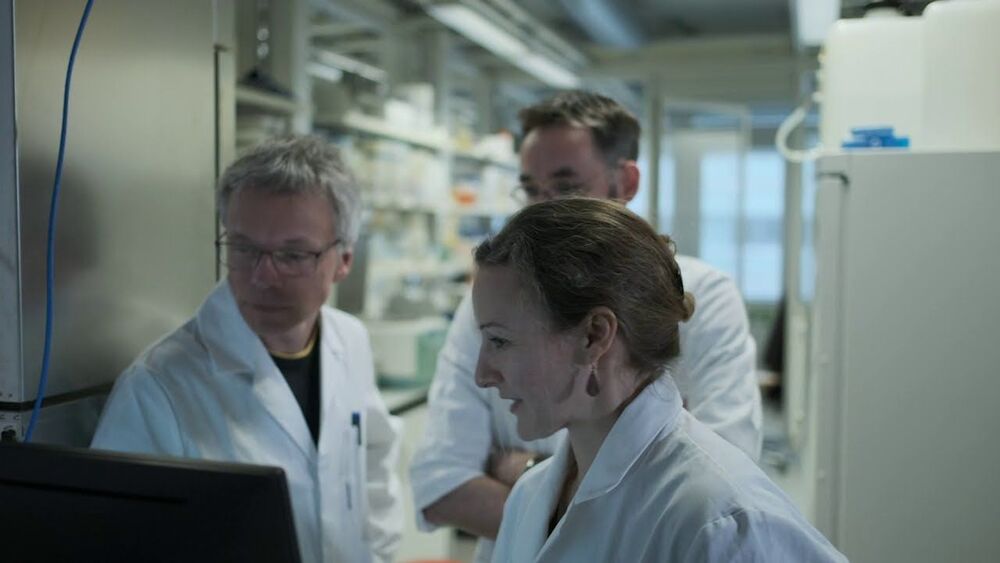The team says that the technique could be used to develop new vaccines against antibiotic-resistant bacteria, and potentially even wipe out some dangerous strains in a similar way to how smallpox was eradicated.
Pathogens like bacteria and viruses are extremely good at evolving in response to drugs, which can render vaccines ineffective. But now, researchers at ETH Zurich have found a way to weaponize that ability against them, forcing the bugs down harmless evolutionary dead ends.
Microbes are living examples of evolution in action. Darwin’s classic theory says that when lifeforms are exposed to pressures from their environment, some of them will develop new genetic mutations that help them cope better. Since other individuals will be at a disadvantage, the mutations will eventually become the norm throughout a population.
In the world of bacteria and viruses, drugs and vaccines are the environmental pressures that they must overcome. And they do it with frustrating ease, quickly finding ways around the attacks and then swapping those genes like trading cards. The end result is the constant looming threat of antibiotic-resistant “superbugs” that render our best drugs ineffective.
